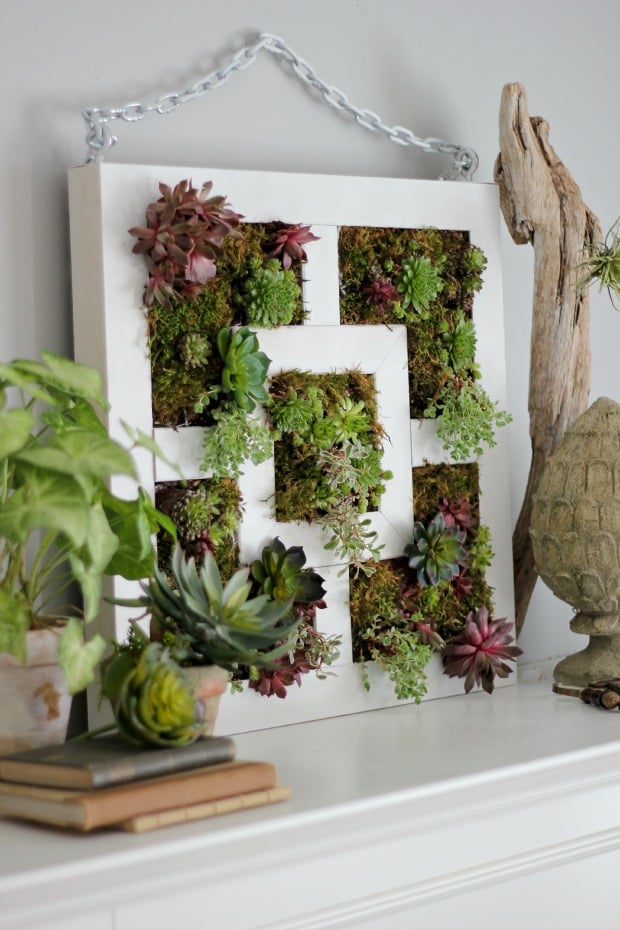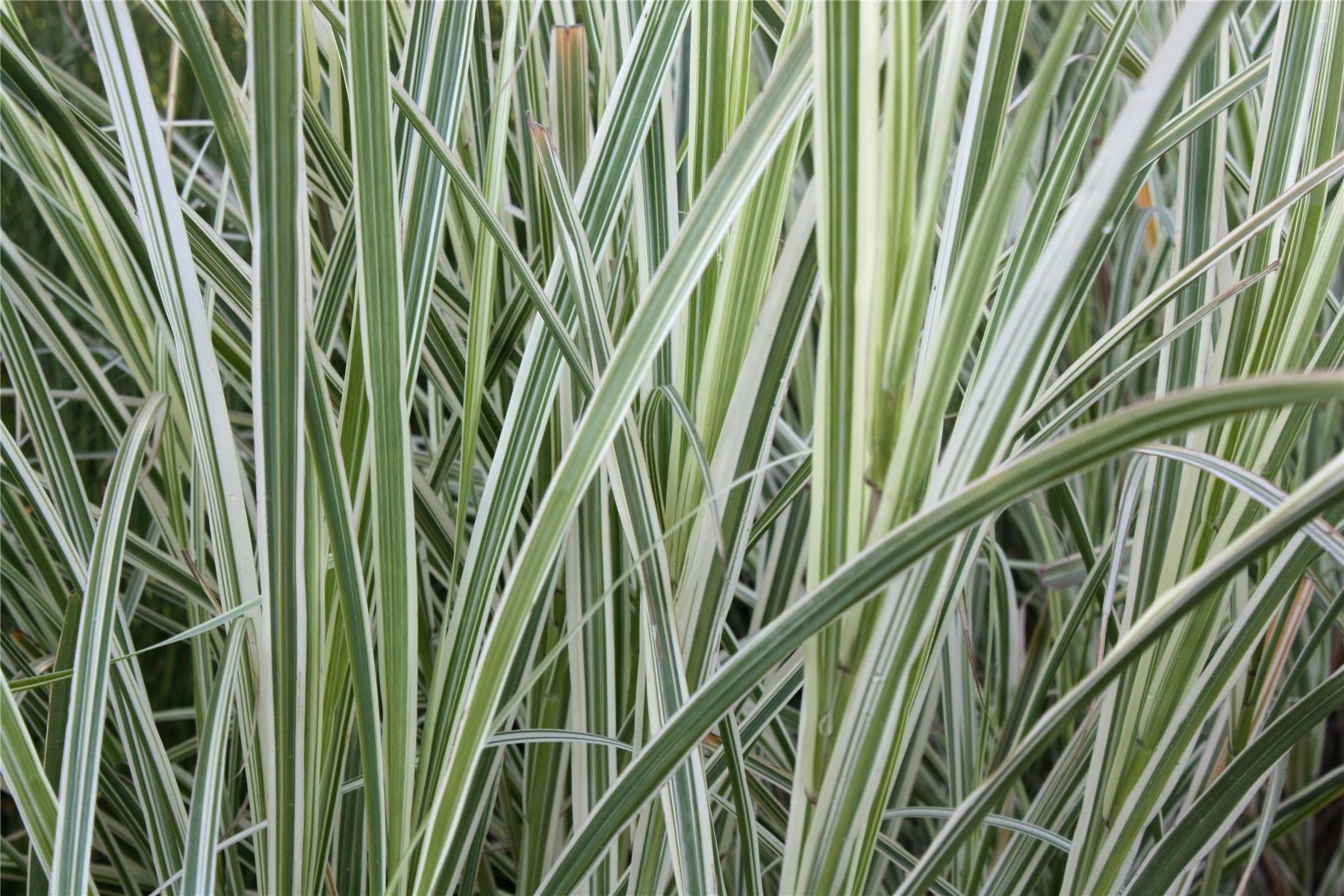Your How to plant hornwort images are available. How to plant hornwort are a topic that is being searched for and liked by netizens today. You can Get the How to plant hornwort files here. Get all royalty-free vectors.
If you’re looking for how to plant hornwort pictures information connected with to the how to plant hornwort topic, you have visit the right site. Our site frequently provides you with hints for refferencing the highest quality video and picture content, please kindly hunt and find more enlightening video content and images that fit your interests.
How To Plant Hornwort. Or whichever end has the best buds put at the top. It can be propagated by planting the root ball into moist soil, and then covering it with a thin layer of gravel. The stems branch and they are covered in crowded whorls of dark green, feathery leaves. Hornwort is also known as “coontail” or “coon’s tail.” ceratophyllum is the scientific name, with ceratophyllum demersum being the most common (as well as the most hardy) species.
 Hornwort 101 Complete Care Guide (Species, Planting and From aquariumfishcity.com
Hornwort 101 Complete Care Guide (Species, Planting and From aquariumfishcity.com
If you wish to plant your hornwort, tie some fishing line loosely to one end of the length or bunch and position it in the tank where you’d like the plant to grow. Youll also need to make sure the water quality is high enough for hornwort to survive. It can be propagated by planting the root ball into moist soil, and then covering it with a thin layer of gravel. Hornwort is a type of weed that can spread quickly and be difficult to remove. Hornwort does not root but, instead, drifts around untethered. How to propagate hornwort in the wild, hornwort can form little buds that drop to the ground during the cold season and sprout when the weather warms out.
Hornwort is a type of weed that can spread quickly and be difficult to remove.
Submerged plants hornwart ceratohyllum demersum pond plants live aquarium plants plants. For hornwort to produce oxygen and thrive in the tank it needs bright light. Hornwort tankmates compatibility hornwort is a hardy plant with leaves that grow back. How to propagate hornwort in the wild, hornwort can form little buds that drop to the ground during the cold season and sprout when the weather warms out. Rhs plants for pollinators plants. You can use suction cups attached to the aquarium, then tie fishing line around the suction cups and the hornwort to hold it in place.
 Source: honeygourami.com
Source: honeygourami.com
Or whichever end has the best buds put at the top. Also, before cultivating the hornwort you should put the fish species present in the tank into consideration. It will grow and spread quickly, so its best to use a large tank with plenty of space. Or whichever end has the best buds put at the top. Place a length or bunch of hornwort in a freshwater pond, water garden or aquarium in full or partial sun.
 Source: labmanager.com
Source: labmanager.com
Any more than this, and the hornwort will take on a long stringy form, with large unsightly gaps between the needles. It is native to north american waters. Hornwort tankmates compatibility hornwort is a hardy plant with leaves that grow back. For hornwort to produce oxygen and thrive in the tank it needs bright light. It�s advisable to place hornwort directly underneath your uv lamp, so the plant receives direct sunlight (which will help hornwort photosynthesize).
 Source: pinterest.fr
Source: pinterest.fr
Choose the hornwort and bring it home. At home, the most common method of propagation is to cut off a side shoot or trim off the top of a tall stem.any segment of hornwort will quickly become a new plant if you let it float at the surface or plant it in the ground. Youll also need to make sure the water quality is high enough for hornwort to survive. Hornwort is also known as “coontail” or “coon’s tail.” ceratophyllum is the scientific name, with ceratophyllum demersum being the most common (as well as the most hardy) species. Hortwort also has a fast growth rate and is easy to propagate with impressively hardy stems that recover quickly, growing new leaves only a few weeks after damage.
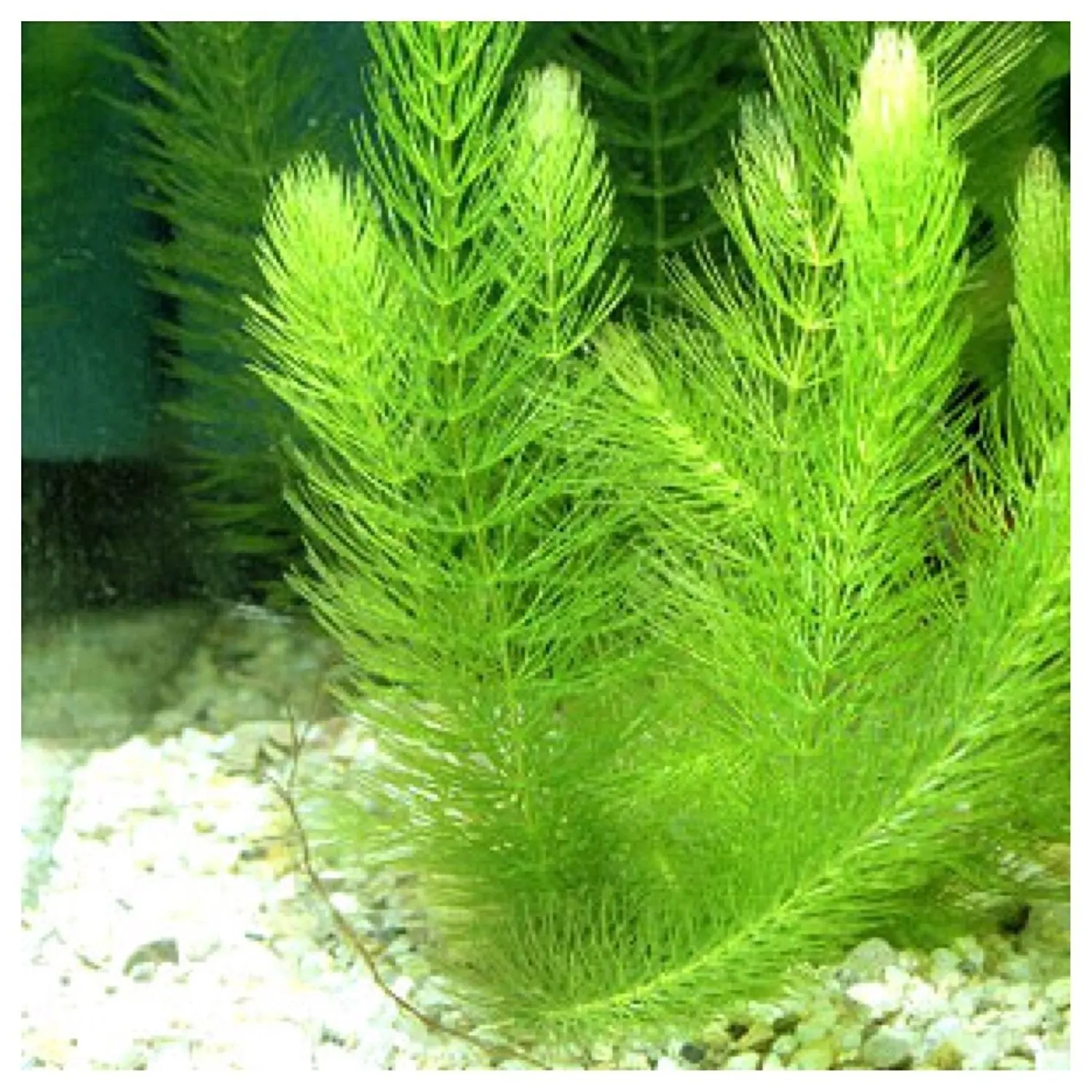 Source: guide.alibaba.com
Source: guide.alibaba.com
The fruits are consumed by ducks and other waterfowl. Hornwort is a plant that needs to be planted in gravel. Also, before cultivating the hornwort you should put the fish species present in the tank into consideration. It will grow and spread quickly, so its best to use a large tank with plenty of space. Allow the hornwort to float.
 Source: aquariumfishtalks.com
Source: aquariumfishtalks.com
Plant several bundles of hornwort together submerged in a planter with aquatic planting media or simply tie the bundle to a weight and drop into the desired section of your pond or water garden. You can also use suction cups to hold it firmly on the tank walls. At home, the most common method of propagation is to cut off a side shoot or trim off the top of a tall stem. After planting and securing hornwort in the substrate, you must provide nutrients for hornwort to live on. Hornwort tankmates compatibility hornwort is a hardy plant with leaves that grow back.
 Source: aquariumcreation.com
Source: aquariumcreation.com
After planting and securing hornwort in the substrate, you must provide nutrients for hornwort to live on. What is a hornwort plant: This plant will provide nectar and pollen for bees and the many other types of pollinating insects. After planting and securing hornwort in the substrate, you must provide nutrients for hornwort to live on. You can use suction cups attached to the aquarium, then tie fishing line around the suction cups and the hornwort to hold it in place.
 Source: fishfeeling.com
Source: fishfeeling.com
You may find success in placing the lead weights between branches. You can use suction cups attached to the aquarium, then tie fishing line around the suction cups and the hornwort to hold it in place. If planting in a container, hornwort prefers to be anchored in around 2.5 cm (1in) of clay or sandy loam or 3mm (1/8 in) of fine aquatic gravel. Or whichever end has the best buds put at the top. The seed will grow roots through the gravel and sprout into new plants.
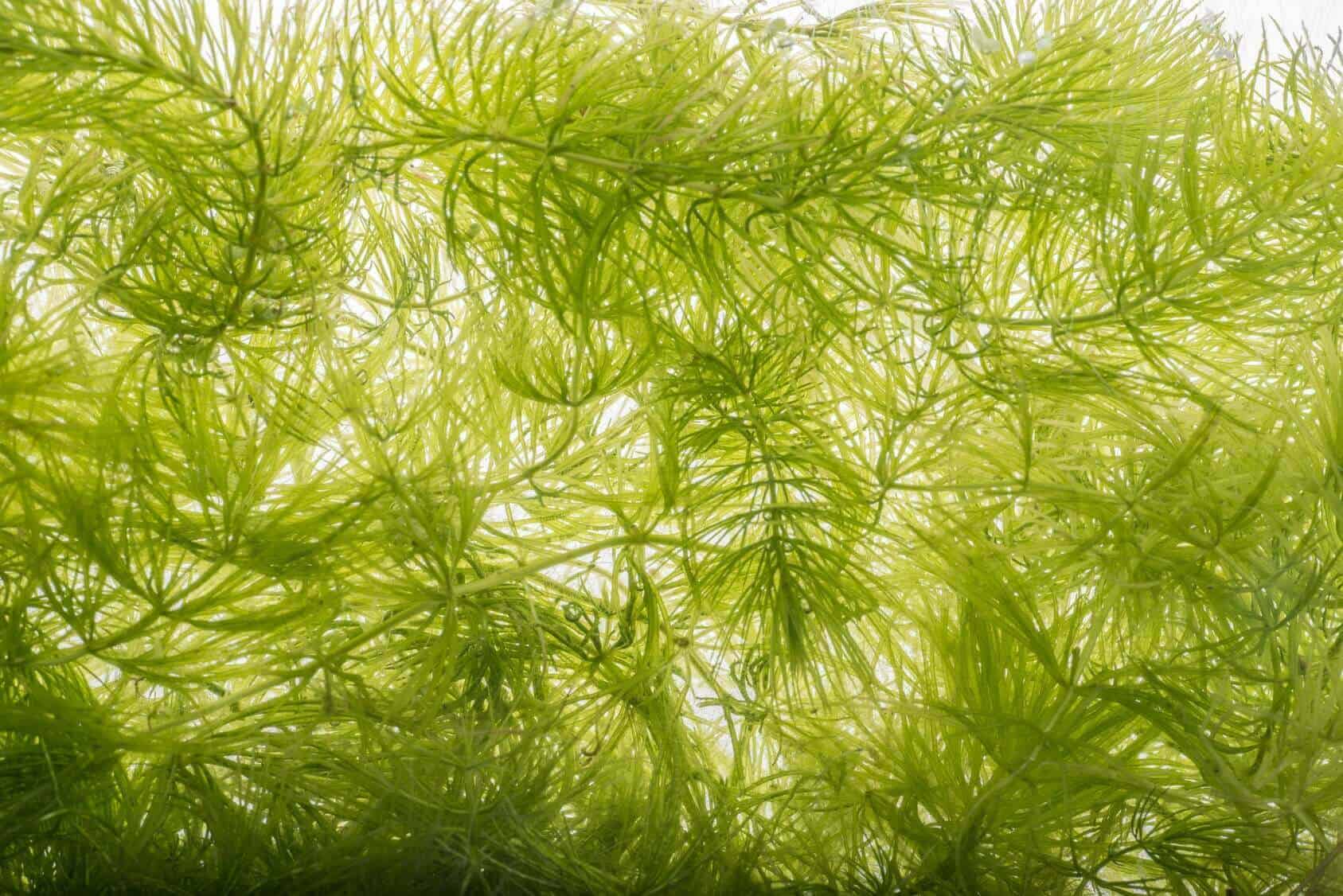 Source: fishkeepingworld.com
Source: fishkeepingworld.com
It is native to north american waters. Hornwort care tips and growing info. Hornwort is also known as “coontail” or “coon’s tail.” ceratophyllum is the scientific name, with ceratophyllum demersum being the most common (as well as the most hardy) species. How fast does hornwort spread? Hornwort is also known as coontail or coons tail ceratophyllum is the scientific name with ceratophyllum demersum being the most common as.
 Source: pinterest.com
Source: pinterest.com
After flowering with male and female inconspicuous blooms, the plant develops tiny barbed fruits. After flowering with male and female inconspicuous blooms, the plant develops tiny barbed fruits. After planting and securing hornwort in the substrate, you must provide nutrients for hornwort to live on. Hornwort is also known as “coontail” or “coon’s tail.” ceratophyllum is the scientific name, with ceratophyllum demersum being the most common (as well as the most hardy) species. Lighting should be kept on the low to medium side, and limited to about 8 hours a day.
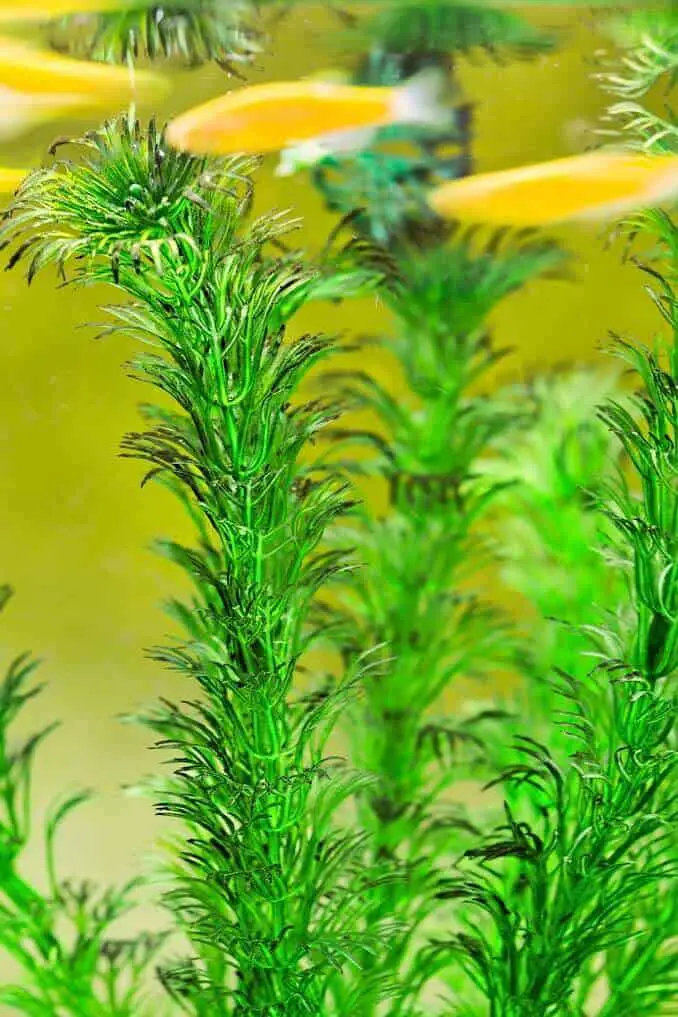 Source: fishkeepingworld.com
Source: fishkeepingworld.com
To plant your hornwort, follow these simple steps. This is where one part of the plant is separated from the rest; Make the part you trimmed the bottom, and the part you glued the top. What is a hornwort plant: The clarity of the tank and water also affects the quality of.
Source: ebay.com
After flowering with male and female inconspicuous blooms, the plant develops tiny barbed fruits. Hornwort is also known as “coontail” or “coon’s tail.” ceratophyllum is the scientific name, with ceratophyllum demersum being the most common (as well as the most hardy) species. Given it’s success in the wild, you would expect it to be easy to produce new plants. To plant them you will need to weigh down a section of the plant with a lead weight and place it on the substrate. The clarity of the tank and water also affects the quality of.
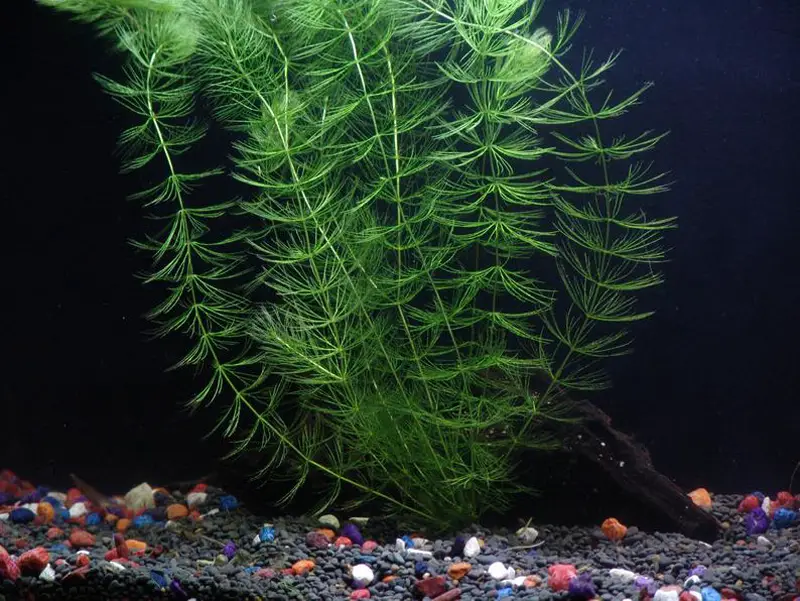 Source: aquariumfishcity.com
Source: aquariumfishcity.com
In this video i talk about the pros and cons of this plan. Hornwort is a type of weed that can spread quickly and be difficult to remove. It�s advisable to place hornwort directly underneath your uv lamp, so the plant receives direct sunlight (which will help hornwort photosynthesize). If you wish to plant your hornwort, tie some fishing line loosely to one end of the length or bunch and position it in the tank where you’d like the plant to grow. How to propagate hornwort in the wild, hornwort can form little buds that drop to the ground during the cold season and sprout when the weather warms out.
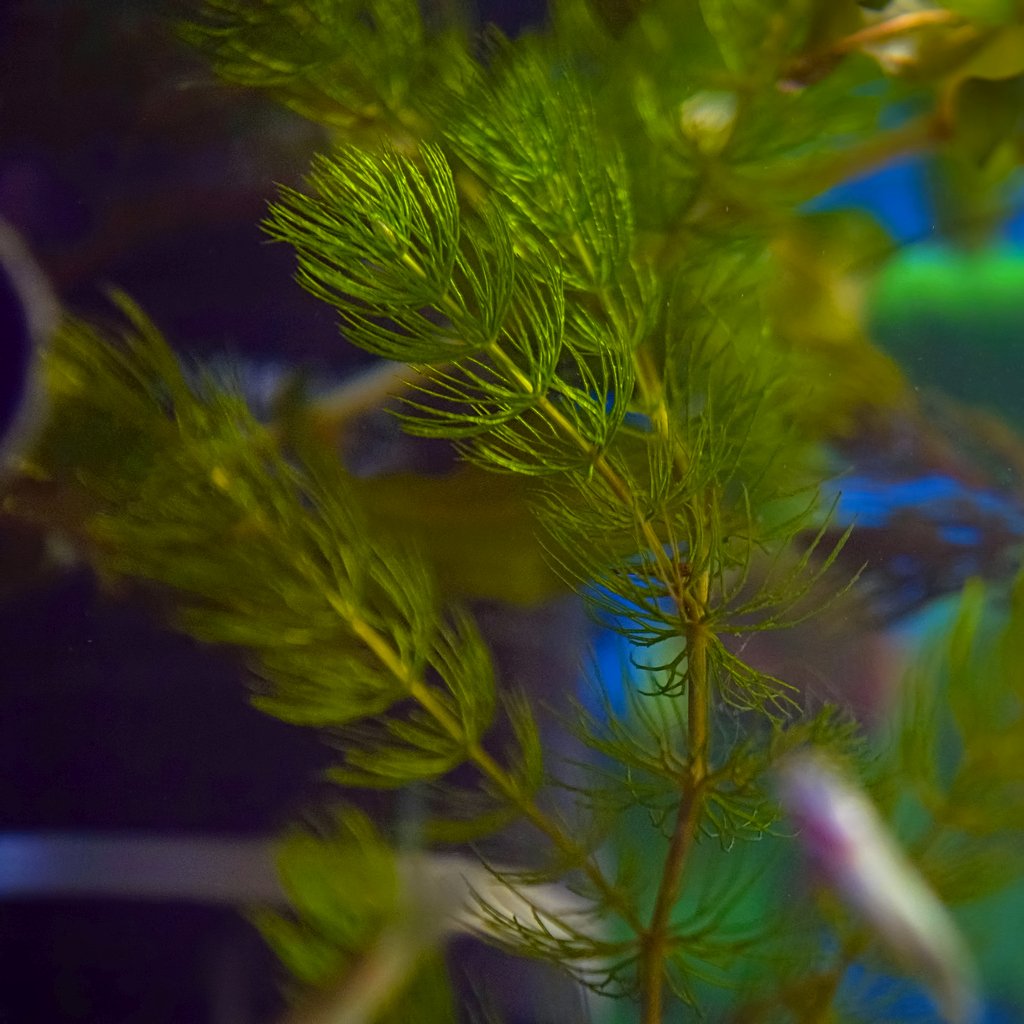 Source: diys.com
Source: diys.com
Floating hornwort is easy, just place it on the water column and give it some time to stay put and grow. At home, the most common method of propagation is to cut off a side shoot or trim off the top of a tall stem. Hornwort does not root but, instead, drifts around untethered. How fast does hornwort spread? Some people consider it a nuisance plant, but it is a useful cover species for fish and aquatic animals.
 Source: aquariumfishcity.com
Source: aquariumfishcity.com
What is a hornwort plant: At home, the most common method of propagation is to cut off a side shoot or trim off the top of a tall stem. It can be propagated by planting the root ball into moist soil, and then covering it with a thin layer of gravel. Choose the hornwort and bring it home. The stems branch and they are covered in crowded whorls of dark green, feathery leaves.
 Source: reddit.com
Source: reddit.com
If you wish to plant your hornwort, tie some fishing line loosely to one end of the length or bunch and position it in the tank where you’d like the plant to grow. You can use suction cups attached to the aquarium, then tie fishing line around the suction cups and the hornwort to hold it in place. Plant several bundles of hornwort together submerged in a planter with aquatic planting media or simply tie the bundle to a weight and drop into the desired section of your pond or water garden. Rhs plants for pollinators plants. The rhs award of garden merit (agm) helps gardeners choose the best plants for their garden.
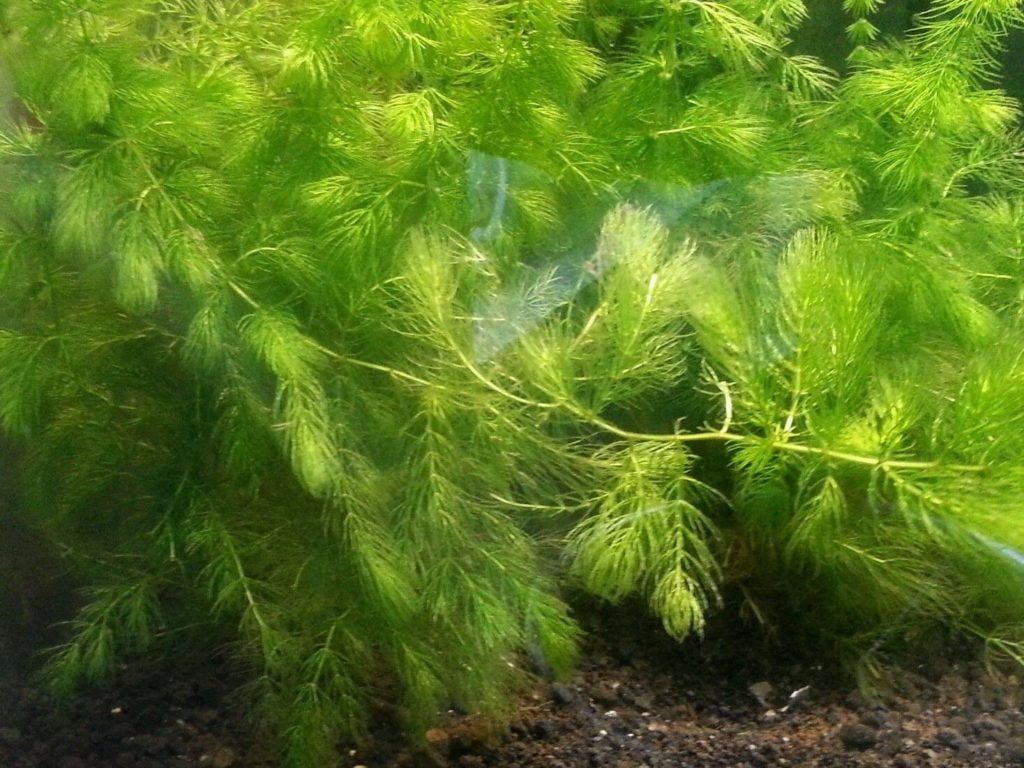 Source: theshrimpfarm.com
Source: theshrimpfarm.com
The plants are perennial and evergreen. Hornwort does not root but, instead, drifts around untethered. If you wish to plant your hornwort, tie some fishing line loosely to one end of the length or bunch and position it in the tank where you’d like the plant to grow. Hornwort is a plant that can be planted in tanks. Submerged plants hornwart ceratohyllum demersum pond plants live aquarium plants plants.
 Source: pinterest.com
Source: pinterest.com
Hornwort can also be anchored using fishing line and a light fishing weight or rock. Hornwort care tips and growing info. Hornwort tankmates compatibility hornwort is a hardy plant with leaves that grow back. Any segment of hornwort will quickly become a new plant if you let it float at the surface or plant it in the ground. Submerged plants hornwart ceratohyllum demersum pond plants live aquarium plants plants.
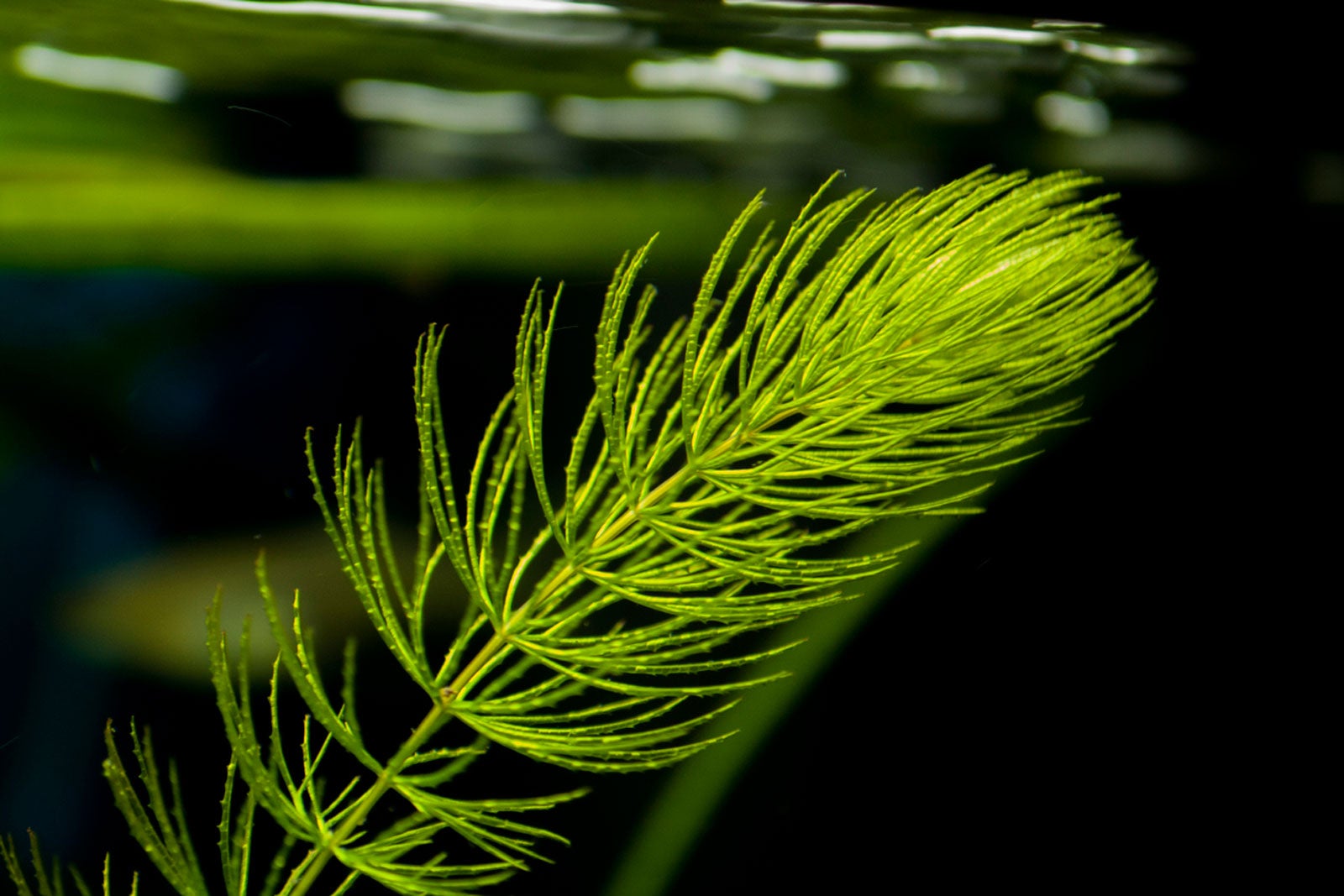 Source: gardeningknowhow.com
Source: gardeningknowhow.com
Hornwort is also known by the more descriptive name, coontail. Hornwort is also known by the more descriptive name, coontail. Allow the hornwort to float. The plants are perennial and evergreen. Hornwort should be on every pond owners list.
This site is an open community for users to share their favorite wallpapers on the internet, all images or pictures in this website are for personal wallpaper use only, it is stricly prohibited to use this wallpaper for commercial purposes, if you are the author and find this image is shared without your permission, please kindly raise a DMCA report to Us.
If you find this site convienient, please support us by sharing this posts to your favorite social media accounts like Facebook, Instagram and so on or you can also bookmark this blog page with the title how to plant hornwort by using Ctrl + D for devices a laptop with a Windows operating system or Command + D for laptops with an Apple operating system. If you use a smartphone, you can also use the drawer menu of the browser you are using. Whether it’s a Windows, Mac, iOS or Android operating system, you will still be able to bookmark this website.



